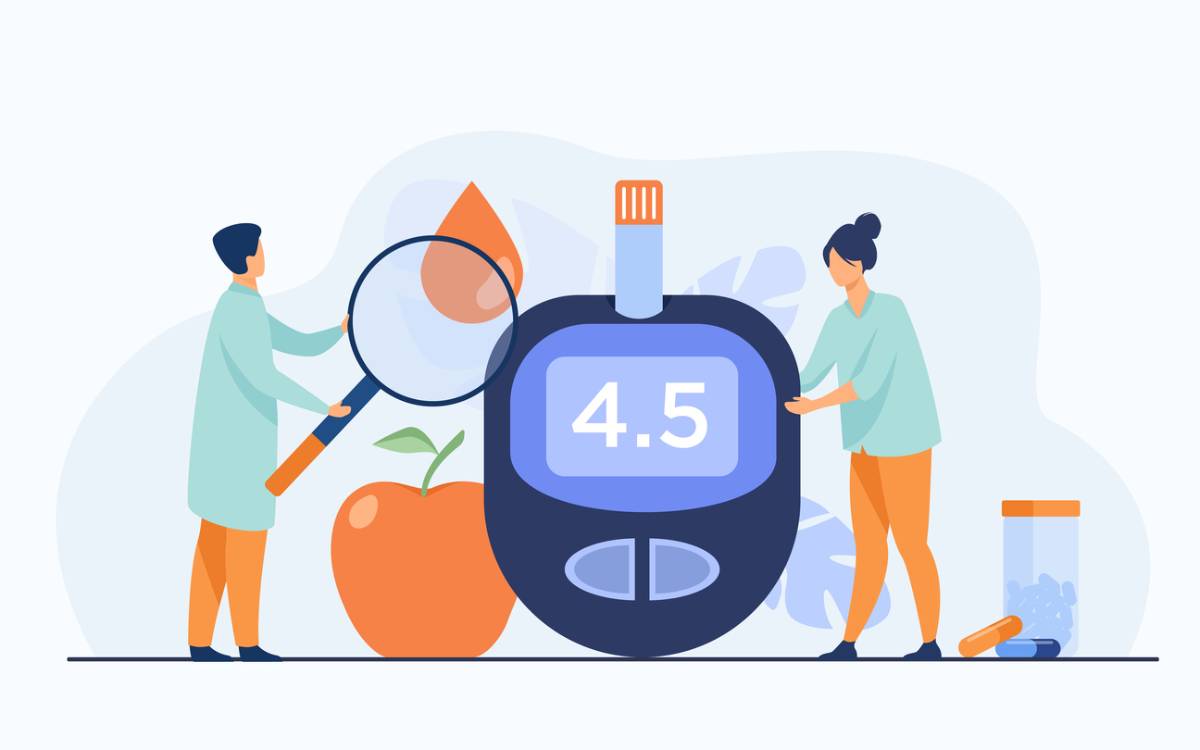Managing your diabetes is integral to your overall health. Checking your blood sugar, exercising, eating healthy meals, taking your medications, and attending your medical appointment is necessary to effectively manage your diabetes. Below you will find habits to avoid with diabetes so you can avoid any complications.
Habits to Avoid With Diabetes
Diabetes can be effectively managed, but it is important to pay close attention to certain habits that impact your health. Consider the following habits to avoid if you have a diabetes diagnosis.
Unsupportive Footwear
Paying close attention to your feet and footwear is important if you have a diabetes diagnosis. Avoid going barefoot and wear supportive shoes. This helps you avoid unnecessary cuts or blisters that could increase your risk for infection. It’s important to check your feet every day for any injuries as many patients with diabetes experience nerve damage in their feet which can result in numbness. If you have an injury that has impacted your feet, contact a podiatrist in Los Angeles. They can provide diabetic foot wound care in Los Angeles and reduce your risk for complications.
Sugary Drinks
Sugary drinks can be helpful if you have low blood sugar. However, consuming too many sugary drinks when it is not necessary can have serious consequences. They can cause weight gain, insulin resistance, and other diabetes-related health issues. Finding alternatives to your soda and juice cravings is key. Opt for water with fruit or unsweetened iced tea.
Depending on Insulin
Depending too much on insulin can result in dangerous diabetic complications. While you may want that pint of ice cream, moderation is best as relying on insulin can cause your blood sugar to spike. When your blood sugar frequently goes out of range it increases your risk for complications, such as issues with your kidneys, eyes, and even neuropathy. Talk with your medical provider about establishing a healthy insulin routine so you can stay on track and enjoy your life.
Overloading on Carbs
Everybody loves carbs and they are an important part of your diet. However, eating too many carbs can have a serious impact on those with diabetes. Talk with your medical provider to see the amount of carbs you can eat at each meal and follow their advice. When eating, opt for protein rich foods as they can help stabilize your blood sugar when eating a meal with carbs. If you are struggling with your blood sugar, consider talking with a nutritionist as they can curate a diet based on your unique needs.
Skipping Meals
Life can get busy so it’s easy to skip meals. For those with diabetes this can seriously impact your blood sugar. Skipping just one meal can impact your blood sugar for the entire day. Avoid skipping meals as much as you can and keep a snack on hand in case you are in a rush. You can also create a list of places with healthy snacks and meals to go to when you are on the road.
Midnight Snacks
Grabbing a bite to eat is helpful in preventing hypoglycemia while you are sleeping. However, what you eat and how much you eat is highly important. If you eat too much at night you can wake up with high blood sugar levels. If you do need to grab a midnight snack, consider options such as light popcorn, celery with peanut butter, a hard-boiled egg, or fruit with cottage cheese. Try to eat your last snack at least two hours before you go to bed to avoid sleep disruption.
High Stress
Managing your stress is important for your mental and physical health. High stress levels can be particularly dangerous for those with diabetes. This is because increased stress hormones can make your cells more resistant to insulin, which results in more difficulty controlling your blood sugar. Managing stress looks different for everyone so find what works for you. Meditation, exercise, and talk therapy are all effective methods to manage your stress.

